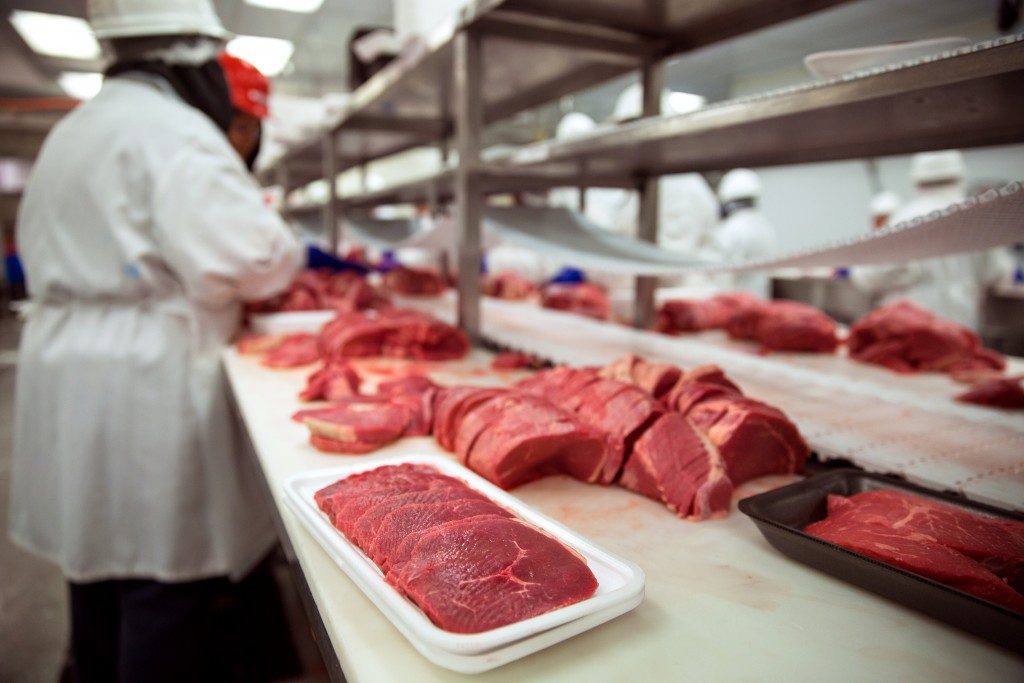Today, everything we could ever want or ask for is within reach. Industrial processes have made it possible to manufacture products en masse, so much so that almost everything we know, use, or come into contact with today has run through a factory, from our cars and gadgets, even to our medicines and food.
Because of this, it is important that these products leave the factory clean and safe for use. This is usually the job of industrial filtration systems. Industrial filtration involves removing contaminants — whether solid or liquid — during an industrial process.
This helps protect both the product and the machines from damage, and also promotes efficiency and safety in the factory. Today, industry standards for almost all products require that anything that makes it onto shelves must have undergone filtration during manufacturing first.
Here is what industrial filtration does for some of the most common products we can find today:
Plastic
Plastic is one of the basic building blocks of modern life, being used to create packaging, utensils, and many more. To do this, however, plastic must first be molded so that the raw thermoplastics can be converted into a usable solid state.
This process requires various stages of heating and cooling, which can result in fumes and dust as by-products, which can then pollute the air, leading to dusty and hazardous working conditions. Because of this, air filtration systems are usually in place in factories that produce plastic.
This can control the fumes, minimize dust, and ensure that sufficient air is being circulated to provide a more comfortable environment to work in. Industrial filtration not only improves the quality of the plastic products but also helps protect the health of the workers in the factory, as the contaminants pose a major risk and could even result in lost production hours.
Pharmaceuticals
The production of pharmaceuticals involves dealing with a wide range of chemicals and involves numerous processes. This complex manufacturing process thus can generate biologically active and hazardous dust.
This is particularly perilous given that airborne dust particles can also lead to cross-contamination of different chemicals during the process, which could impact the quality and safety of the product.
As pharmaceuticals are meant to enhance the body, there should be nothing harmful found in the final product. Industrial filtration in pharmaceutical factories often involves extracting or containing the dust to ensure the products are not affected. Specialized construction and filtration options are also available to keep the risk of contamination as low as possible.
Food

When people speak of processed food, this is food that has been through a factory. We have all had an encounter with processed food. This is why contaminants finding their way into our food can be incredibly dangerous, hence the need for industrial filtration in food processing. Contaminants in food processing can primarily be grouped into dry (dust) contaminants, or wet (grease or smoke) emissions.
Much like the normal cooking process, filtration normally involves using exhaust to extract fumes, dust, and smoke, and to ensure that the air within the system is clean and safe. This also removes the risk of the contaminants affecting the food in the end.
With industrial processes being involved in almost everything we use in our daily lives, it is fortunate that filtration exists in order to keep mass-produced products safe. As technology continues to develop, so do the systems used to ensure this technology will never cause widespread harm to anyone on Earth.
